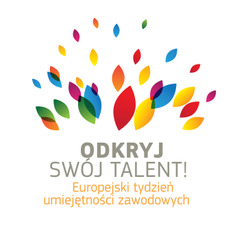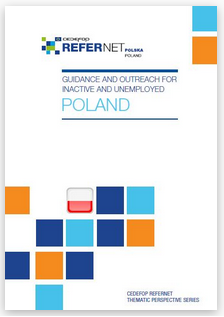New report „Proposed Models of Including Non-formal Sector Qualifications in National Qualifications Frameworks” presented.
Report is based on an in-depth analysis of seven countries about the process of including qualifications outside of formal education in NQF-based systems, as well as discussions with experts and stakeholders.
The publication is the result of a 2 ½ year project funded by the Erasmus+ Programme: Developing organisational and financial models for including non-formal sector qualifications in National Qualifications Frameworks - NQF-in.
Project partners included national qualifications systems experts from Croatia, Czech Republic, France, Hungary, Ireland, Poland and Scotland.








